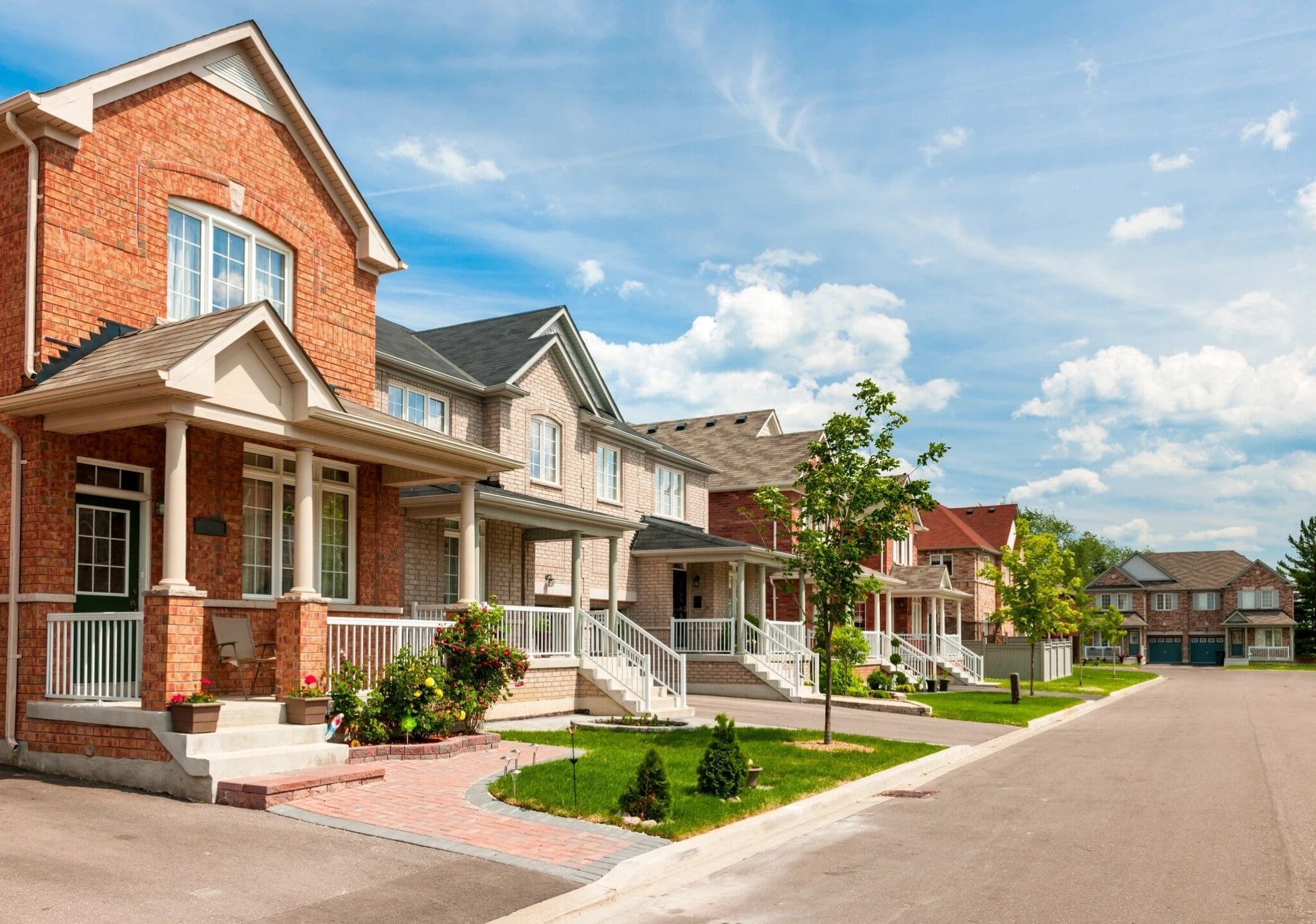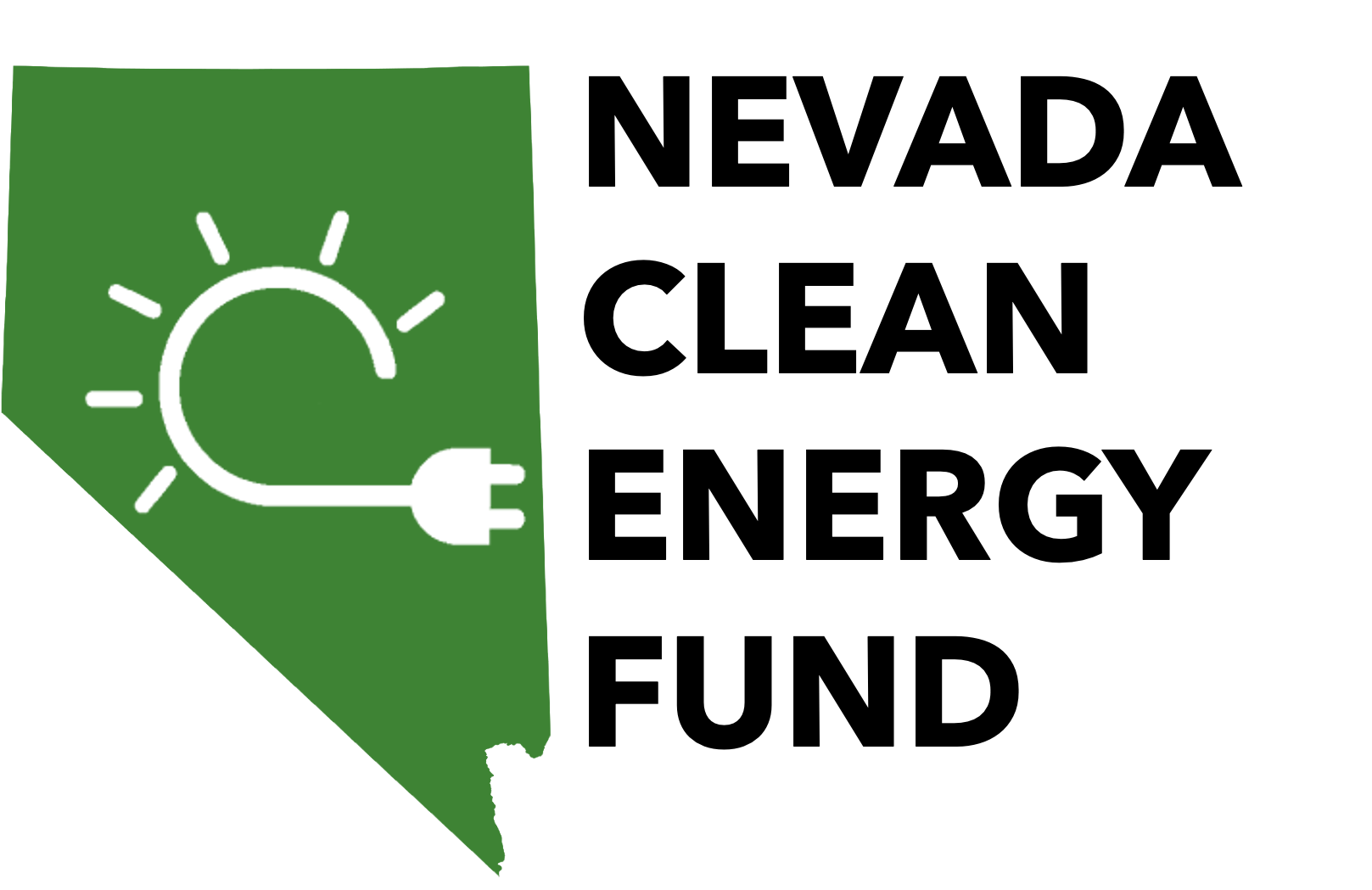
Energy-Efficient Homes: From Insulation to Heat Pumps
As homeowners across the United States face rising energy costs the demand for energy-efficient homes has never been greater. Transforming your home into an energy-efficient haven can not only reduce your carbon footprint but also significantly lower your utility bills. Explore what key energy-efficient upgrades you can make in your home, such as insulation and heat pumps. The Nevada Clean Energy Fund (NCEF) can assist homeowners in understanding energy efficiency tax credits and rebates in addition to financing these improvements through the Residential Energy Upgrade Program (RE-UP).
Nevada residents can make essential energy-efficient upgrades without the burden of high upfront costs, ultimately lowering their energy bills and environmental impact.
For more information or to check your RE-UP eligibility, click here.
Insulation: The Foundation of an Energy-Efficient Home
One of the most cost-effective ways to enhance your home’s energy efficiency is through proper insulation. Insulation serves as a barrier that keeps your home warm in the winter and cool in the summer by reducing the flow of heat. Without adequate insulation, your heating and cooling systems must work harder, leading to higher energy consumption and costs.
Types of Insulation
- Fiberglass insulation: This is the most common type of insulation found in homes. Made from fine glass fibers, fiberglass insulation is both affordable and effective in reducing heat transfer.
- Spray foam insulation: This type of insulation expands on application, filling gaps and cracks that traditional insulation might miss. It provides an airtight seal that significantly improves energy efficiency.
- Cellulose insulation: Made from recycled paper products, cellulose insulation is an eco-friendly option that provides excellent thermal protection.
Properly insulating your attic, walls, floors, and basement can save homeowners an average of 15% on heating and cooling costs.
Heat Pumps: A Modern Solution for Heating and Cooling
Heat pumps are becoming an increasingly popular choice for homeowners seeking a versatile and energy-efficient alternative to traditional heating and cooling systems. Unlike conventional systems that generate heat, heat pumps transfer heat from one place to another, making them significantly more efficient.
Types of Heat Pumps
- Air-source heat pumps: These are the most common type, transferring heat between your home and the outside air. They are effective in moderate climates but may require a supplemental heat source in extremely cold temperatures.
- Ground-source (geothermal) heat pumps: These systems transfer heat between your home and the ground. They are highly efficient and can operate in any climate, but they come with a higher upfront cost due to the need for ground loop installation.
- Ductless mini-split heat pumps: Ideal for homes without ductwork, these systems provide zoned heating and cooling, allowing you to control the temperature in individual rooms independently.
Heat pumps can provide up to three times more heating energy than the electricity they consume, making them an eco-friendly and cost-effective option for homeowners.
Energy-Efficient Windows and Doors
Windows and doors are often overlooked in energy efficiency upgrades, yet they play a crucial role in maintaining your home’s thermal envelope. Poorly sealed or single-pane windows can lead to significant heat loss, driving up your energy bills.
Energy-Efficient Windows
- Double- or triple-pane windows: These windows feature multiple layers of glass with insulating gas between them, reducing heat transfer and improving your home’s energy efficiency.
- Low-emissivity (Low-E) coatings: Low-E coatings on window glass reflect infrared light, keeping heat inside during winter and outside during summer.
Energy-Efficient Doors
- Insulated doors: Modern exterior doors often come with an insulated core that reduces heat transfer, improving your home’s overall energy efficiency.
- Weatherstripping: Doors that are properly sealed with weatherstripping can prevent drafts and reduce energy loss.
By upgrading your windows and doors, you can reduce your energy consumption and create a more comfortable living environment.
Smart Thermostats: Precision Control at Your Fingertips
Smart thermostats are an easy and effective way to optimize your home’s energy usage. These devices allow you to control your heating and cooling systems remotely through a smartphone app, ensuring your home is always at the perfect temperature without wasting energy.
Benefits of Smart Thermostats
- Learning capabilities: Many smart thermostats learn your daily schedule and adjust the temperature automatically, reducing energy use when you’re not home.
- Energy reports: Some smart thermostats provide detailed energy reports, allowing you to track and adjust your energy consumption.
- Zoned heating and cooling: If paired with a ductless mini-split system, smart thermostats can control the temperature in specific zones, further enhancing energy efficiency.
Finance Your Upgrades With NCEF’s RE-UP
For Nevada homeowners, RE-UP provides a practical solution for financing energy-efficient upgrades. This program offers low-cost financing options, including low-interest loans based on ability to pay instead of only credit scores, to help cover the cost of improvements such as insulation and heat pumps.
By leveraging RE-UP, Nevada residents can make essential energy-efficient upgrades without the burden of high upfront costs, ultimately lowering their energy bills and environmental impact.
For more information or to check your RE-UP eligibility, click here.
Investing in energy-efficient upgrades such as insulation, heat pumps, and smart thermostats can significantly reduce your home’s energy consumption and utility bills. Moreover, these improvements contribute to a more sustainable future by lowering your carbon footprint. By making your home more energy efficient, you’re not only enhancing your quality of life but also contributing to a greener planet.
NCEF is a nonprofit organization and green bank that provides financial and technical resources to accelerate clean energy growth in the state, reduce energy costs, create jobs, and meaningfully address climate change. NCEF works with communities, local businesses, schools, governments, tribes, utilities, contractors, lenders, and others to increase access to clean energy opportunities, such as renewable energy, energy efficiency, electric vehicles, and energy storage. Learn more about our funding solutions for residents to see how we can help you improve your energy efficiency today!
